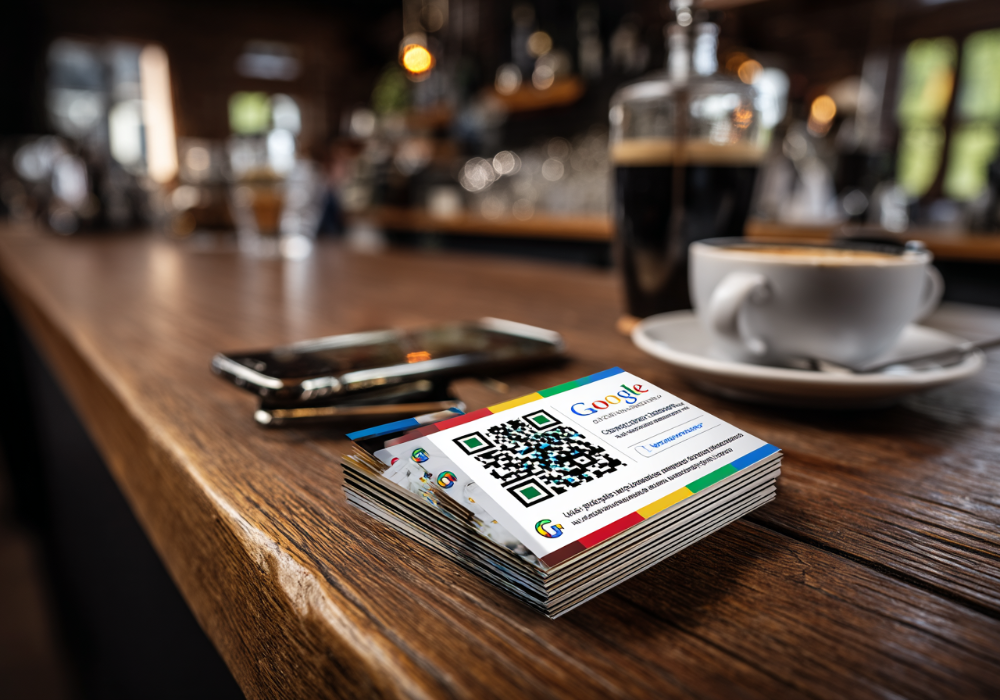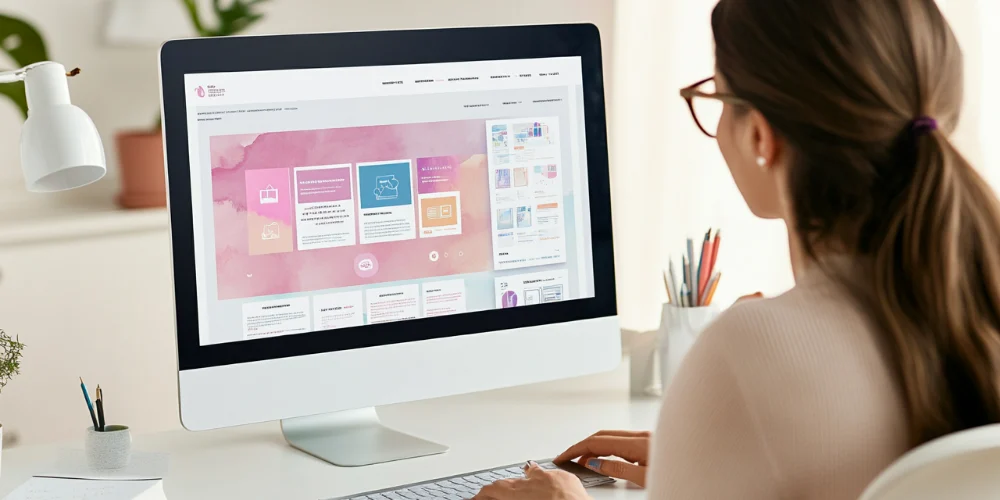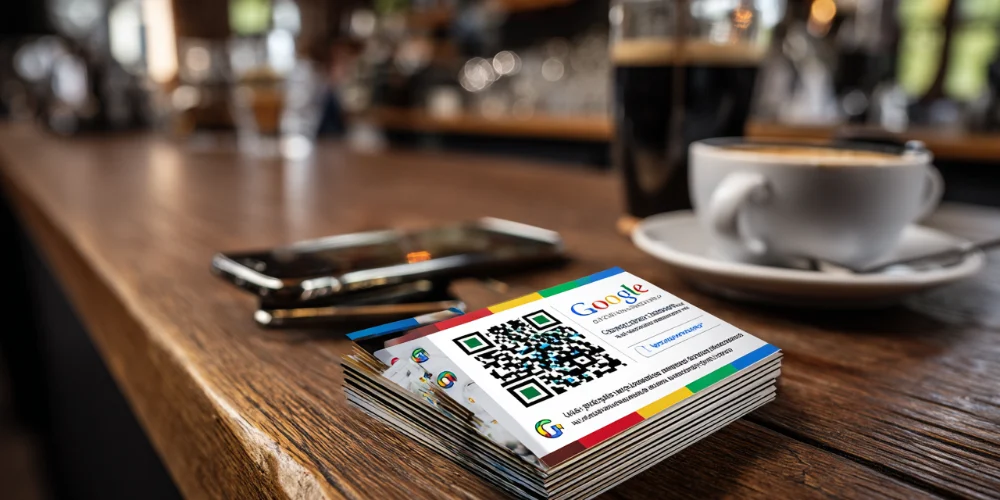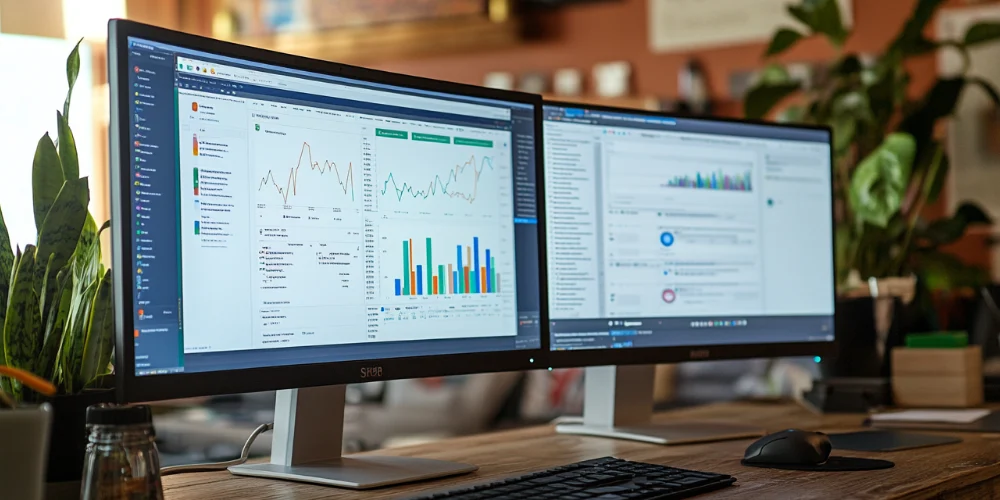Creating a website is pivotal in establishing a robust online presence, whether for personal endeavours, business ventures, or e-commerce platforms. With a myriad of website builders available, selecting the most suitable one can be a daunting task. This comprehensive guide delves into What Are The Best Website Builders?, providing an in-depth analysis of their features, advantages, and ideal use cases to assist you in making an informed decision.
Understanding Website Builders
Website builders enable users to create websites without extensive coding knowledge. They offer user-friendly interfaces, customisable templates, and a range of functionalities to cater to diverse website requirements.
Key Features to Consider
When exploring What Are The Best Website Builders?, it’s essential to evaluate the following features:
- Ease of Use: An intuitive interface that simplifies the website creation process.
- Design Flexibility: A variety of templates and customisation options to reflect your brand identity.
- E-commerce Capabilities: Tools to support online selling, including product listings, payment gateways, and inventory management.
- SEO and Marketing Tools: Features that enhance your website’s visibility on search engines and support marketing efforts.
- Pricing: Plans that fit within your budget while offering the necessary features.
Top Website Builders in 2025
Based on recent evaluations and user feedback, here are some of the top website builders:
1. Wix
Wix is renowned for its drag-and-drop interface, AI-powered design assistance, and comprehensive e-commerce tools. It offers various templates and customisation options, making it suitable for various website types.
Key Features:
- Extensive Template Library: Over 900 free templates catering to different industries and styles.
- AI-Powered Design: Wix ADI (Artificial Design Intelligence) creates a personalised website based on user responses.
- App Market: Access to numerous apps to extend website functionality.
- Mobile Optimisation: Ensures websites are mobile-friendly.
Ideal For: Beginners and small to medium-sized businesses seeking an all-in-one solution.
Pricing:
- Free plan available with Wix-branded domain.
- Paid plans start at $17 monthly, offering additional features and custom domain options.
2. Squarespace
Squarespace is acclaimed for its professional designs and robust blogging and SEO tools. It provides high-quality templates and is ideal for creatives and small businesses looking for a polished online presence.
Key Features:
- Award-Winning Templates: Sleek, modern designs suitable for portfolios and businesses.
- Built-In Blogging Platform: Comprehensive tools for bloggers.
- E-commerce Functionality: Supports online stores with inventory management and payment processing.
- SEO Tools: Enhances search engine visibility.
Ideal For: Creatives, artists, and small business owners focusing on aesthetics and functionality.
Pricing:
- Personal plan starts at $16 per month (billed annually).
- Business and e-commerce plans are available at higher tiers.
3. Shopify
Shopify is a leading e-commerce platform offering advanced features and extensive third-party app integrations. It’s designed specifically for online stores and provides tools for product management, payments, and shipping.
Key Features:
- Comprehensive E-commerce Tools: Supports product listings, inventory management, and multiple payment gateways.
- App Store: Access to over 6,000 apps to extend functionality.
- Mobile Responsiveness: Ensures a seamless shopping experience across devices.
- Multi-Channel Selling: Sell on platforms like Facebook, Instagram, and Amazon.
Ideal For: Entrepreneurs and businesses focused on e-commerce.
Pricing:
- Basic plan starts at $29 per month.
- Advanced plans are available for scaling businesses.
4. WordPress
WordPress is a versatile platform known for its customisation capabilities and extensive plugin ecosystem. It powers a significant portion of the web and is suitable for various website types, from blogs to complex e-commerce sites.
Key Features:
- Extensive Plugin Library: Over 50,000 plugins to add functionality.
- Theme System: Thousands of themes for design flexibility.
- SEO-Friendly: Built-in features and plugins to enhance search engine rankings.
- Community Support: Large community offering support and resources.
Ideal For: Users seeking full control and customisation, from bloggers to large enterprises.
Pricing:
- Free to use with self-hosting.
- Costs associated with domain registration, hosting, and premium themes/plugins.
5. Hostinger Website Builder
Hostinger offers an AI-powered website builder with multilingual support. It’s a budget-friendly option with essential features for creating a functional website.
Key Features:
- AI Tools: Assists in website creation and content generation.
- Multilingual Support: Caters to a global audience.
- Responsive Templates: Ensures mobile compatibility.
- SEO Tools: Basic features to improve search engine visibility.
Ideal For: Individuals and small businesses looking for an affordable, easy
6. Weebly
Weebly is another easy-to-use website builder suitable for beginners and small business owners. Owned by Square, it integrates seamlessly with Square’s e-commerce tools, making it a good choice for brick-and-mortar shops going online.
Key Features:
- Drag-and-Drop Editor: Simple layout editor with no coding needed.
- Integrated E-commerce: Especially useful for those using Square for payments.
- Built-In Marketing Tools: Includes email campaigns and SEO guides.
- Mobile-Responsive Templates: Ensures your website works across all devices.
Ideal For: Local businesses, restaurants, and first-time website builders.
Pricing:
- Free plan available with Weebly branding.
- Paid plans start from £6/month with custom domain support.
7. Webflow
Webflow combines the simplicity of drag-and-drop website builders with the power of custom code. It’s perfect for designers and developers looking for visual flexibility without compromising performance.
Key Features:
- Visual Coding: Design visually while Webflow writes clean HTML, CSS, and JavaScript behind the scenes.
- CMS Capabilities: Built-in CMS for blogs, portfolios, or any custom content type.
- Advanced Animations and Interactions: For building high-end, interactive designs.
- Hosting Included: Fast and secure hosting comes with every Webflow plan.
Ideal For: Designers, developers, and tech-savvy entrepreneurs.
Pricing:
- Free plan available for staging.
- Paid plans for websites and e-commerce start from £14/month.
Comparing the Best Website Builders
WordPress is a versatile platform best suited for all types of websites, from blogs to complex business sites. It supports e-commerce through the popular WooCommerce plugin, offering extensive options for selling products online. WordPress stands out for its excellent SEO tools, but its ease of use is considered medium due to the learning curve involved in managing themes, plugins, and hosting.
Wix is ideal for beginners and small businesses looking for a simple, intuitive website-building experience. It includes e-commerce capabilities, allowing users to create online stores with ease. Wix offers good SEO tools and excels in ease of use, thanks to its drag-and-drop interface and user-friendly design.
Squarespace is a popular choice for creatives and portfolio websites. It includes built-in e-commerce features, making it suitable for selling art, photography, and services. Squarespace provides great SEO tools and is known for its visually polished templates and ease of use.
Shopify is specifically built for online stores and dropshipping businesses. It offers excellent e-commerce functionality, with a vast range of tools for managing products, inventory, and payments. While its SEO tools are good, Shopify shines with its user-friendly platform and focus on online selling.
Webflow is a powerful platform for designers and developers who want complete control over website layout and interactivity. It supports e-commerce, provides great SEO tools, and offers a medium level of ease of use due to its more technical interface. It’s ideal for professionals seeking pixel-perfect design flexibility.
Hostinger Website Builder is designed for affordability and speed, offering AI-powered tools to help users build sites quickly. It supports e-commerce, includes good SEO tools, and scores high on ease of use, making it a great option for a budget-friendly solution with modern features.
Weebly caters to local and small businesses needing a straightforward online presence. It includes e-commerce support and good SEO features, and it is highly user-friendly. Weebly’s simple builder is ideal for users who want to get online fast without technical complexity.
Choosing the Best Website Builder for Your Needs
Consider Your Website Goals
Are you building a blog, an e-commerce site, or a service-based business? Knowing your objective will narrow down the list when asking what the best website builders are.
Budget and Features
Look for a balance between cost and feature availability. While WordPress offers flexibility, platforms like Wix and Squarespace simplify things by bundling hosting, templates, and tools.
Design Control vs. Ease of Use
Platforms like Webflow and WordPress give full design control, whereas Wix and Weebly prioritise ease of use.
SEO Capabilities
WordPress and Squarespace offer excellent built-in and plugin-based SEO tools if search engine visibility is vital.
What Are The Best Website Builders? Final Thoughts
With so many platforms to choose from, answering What Are The Best Website Builders? depends on your specific needs. Each option has its strengths:
- Choose WordPress if you want the most control and scalability.
- Go for Wix or Squarespace for drag-and-drop simplicity and aesthetic templates.
- Pick Shopify for a pure e-commerce solution.
- Select Webflow if you’re a designer or want clean code and complete layout freedom.
- Consider Hostinger or Weebly if affordability and ease of use are your main concerns.
Ultimately, the best website builder is the one that aligns with your goals, technical skill level, and growth plans.

















